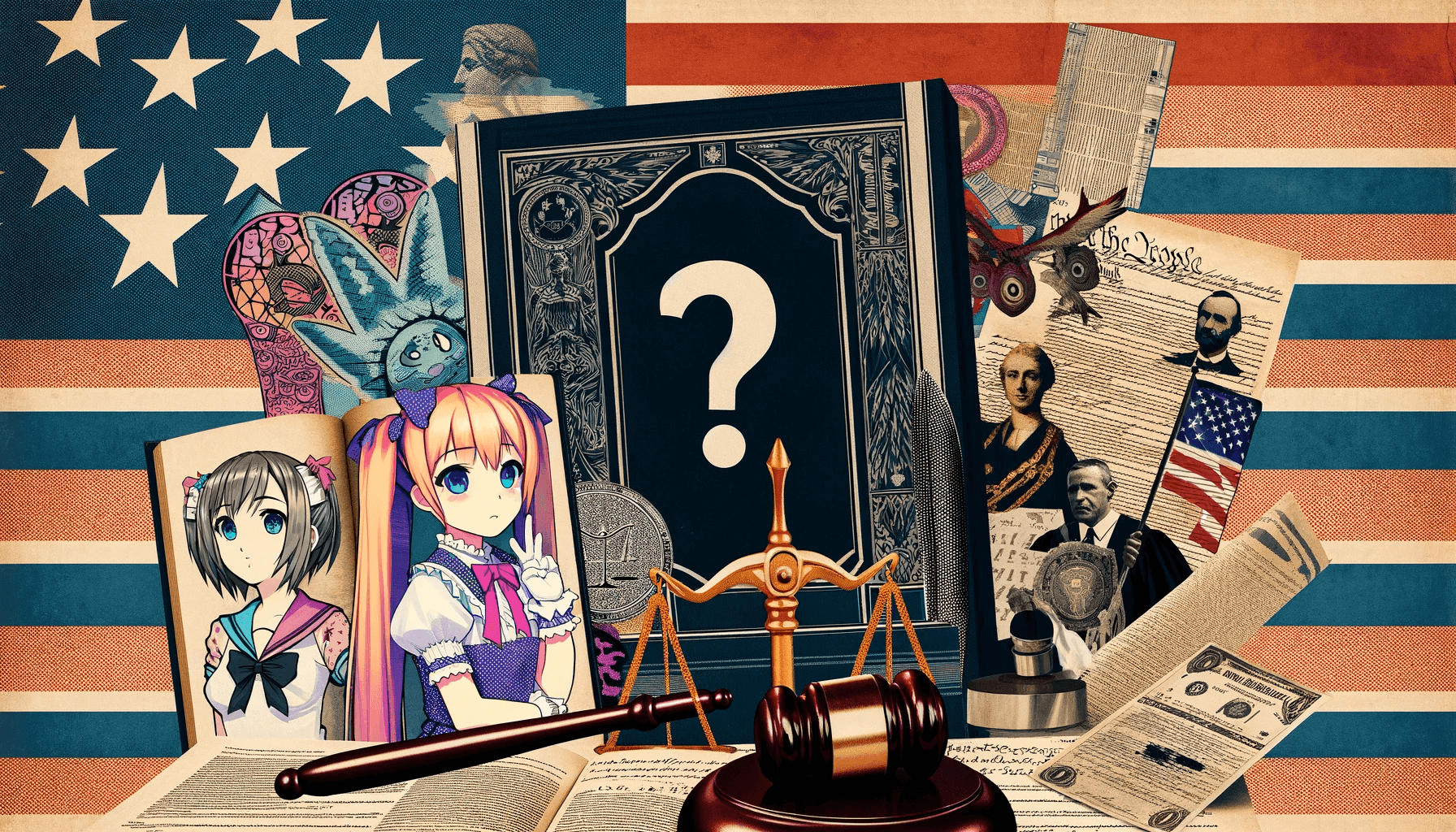Hello there! Today, we’re diving into a topic that might raise a few eyebrows but is undeniably important in our digital era. We’re talking about “lolicon” – a term that has been buzzing around the internet and raising legal questions. With my 35 years of experience as a lawyer, I’ll guide you through the complexities of this subject, focusing on its legality in the United States.
What is Lolicon?
First up, let’s define our terms. “Lolicon” is a portmanteau of “Lolita complex,” referring to the attraction to or depiction of prepubescent or young adolescent characters in a sexualized or erotic manner, primarily in Japanese anime and manga. This subject matter is quite sensitive, and its legality is a topic of heated debate.
The Legal Perspective
In the United States, the legal system is a labyrinth of state and federal laws, and when it comes to lolicon, the situation is no different. The primary concern here is whether lolicon constitutes child pornography under U.S. law. Federal law, under 18 U.S.C. § 2256, defines child pornography as any visual depiction of sexually explicit conduct involving a minor. The key question is whether lolicon, as a drawn or animated depiction, falls under this definition.
State vs. Federal Stance
Here’s where it gets interesting. Some states have laws explicitly prohibiting simulated or depicted child pornography, which can include anime or drawings like lolicon. However, at the federal level, the situation is a bit murkier. The PROTECT Act of 2003 aimed to cover non-realistic images, but legal challenges and the importance of First Amendment rights make the enforcement and applicability of these laws a complex issue.
First Amendment Considerations
The U.S. Constitution’s First Amendment protects freedom of speech, which includes artistic expression. The Supreme Court has historically been cautious about limiting artistic expression, which might include anime and manga. The debate then centers on balancing free speech rights against the need to protect children from exploitation and abuse.
The Ashcroft v. Free Speech Coalition Ruling
A landmark case in this arena is Ashcroft v. Free Speech Coalition, where the Supreme Court struck down portions of the Child Pornography Prevention Act of 1996. The Court held that virtual child pornography (which could encompass certain types of lolicon) was protected under the First Amendment unless it was “obscene” or produced using real children.
Obscenity Test
So, what about obscenity? The legal test for obscenity in the U.S. comes from the Miller v. California decision, which states that material is obscene if it meets all three parts of the following criteria: it appeals to the prurient interest, depicts sexual conduct in a patently offensive way, and lacks serious literary, artistic, political, or scientific value. Applying this to lolicon can be subjective and varies case by case.
Conclusion: A Gray Area
In conclusion, is lolicon illegal in the US? It’s a gray area. Federally, it hinges on obscenity and the lack of involvement of real children. State laws can vary more dramatically, with some taking a harder line against simulated child pornography. As a legal expert, I advise caution in this domain. The intersection of free speech, artistic expression, and the protection of minors creates a nuanced and evolving legal landscape.
Remember, the internet is a vast space with diverse content. Navigating these legal waters requires staying informed and understanding the complexities of the law. If you’re concerned about legal issues related to lolicon or similar content, consulting with a knowledgeable attorney is always the best course of action.
So, there you have it! A deep dive into the legality of lolicon in the US, viewed through the lens of an experienced lawyer. Stay tuned for more insights and discussions on such intriguing topics!









Leave a Reply